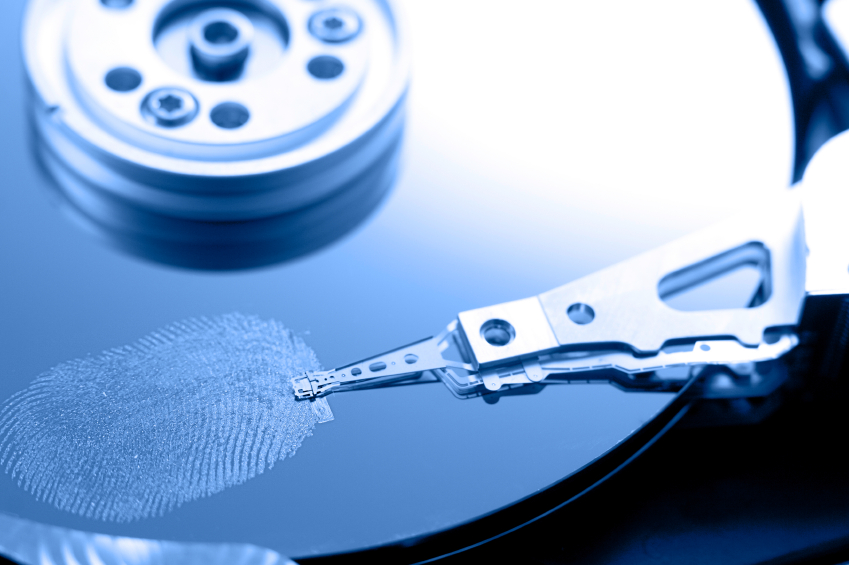Computer forensics is the investigation of computer crime. As computer crime rates have increased, so has the need for qualified computer forensics investigators, and there’s no better way to get started in this field than with an online computer forensics degree. With this degree, you’ll be prepared to fight online crime using advanced tools and knowledge, investigating cyber crime and protecting crucial information systems from future attacks.

Online Computer Forensics Degrees
While most criminal justice programs provide online studies of computer forensic investigation, a computer forensics degree offers students specialization in the field. Many computer forensics degree programs are offered as a specialty within criminal justice majors, or as a computer science program specialization. Whatever approach you take, an online degree in digital forensics and cyber crime will prepare you for success in the computer forensics field.
Careers in Computer Forensic Investigation
The expanding field of computer forensics presents a great opportunity for a satisfying career, especially for those who enjoy working with computers. Not only is fighting cybercrime exciting, a career as a computer forensic investigator comes with outstanding earning potential and a promising career outlook.
According to the Bureau of Labor Statistics (BLS), the average salary for computer forensic investigators (referred to as information security analysts by the BLS) was $107,580 as of May 2020. The demand for forensic investigators, and computer forensic investigators in particular, is fueled by a sharp increase in cybercrime. Early career professionals with a bachelor’s degree can expect to earn about $78,440 in this field, which represents the 25th percentile, while the most seasoned professionals with specialized experience can expect to earn about $163,300, which represents the 90th percentile.
As cybercrime continues to grow, so does the demand for computer forensic investigators. In fact, between 2019 and 2029, jobs for computer forensic investigators in the U.S. are projected to increase a truly impressive 31%, with about 13,900 annual job openings due to a combination of new job growth, retirements, and natural job turnover.
As organizations worldwide work to fight cybercrime, the opportunities for computer forensic investigators continue to grow. Nearly every organization has sensitive data to protect, which means a wide variety of opportunities available for computer forensic investigators. Organizations that may hire digital forensic investigators include:
- Law enforcement agencies (all levels)
- Corporations
- Consulting firms
- Government agencies
- Intelligence organizations
- Private security firms
- Military
Computer forensics investigators often work on interesting and varied cases, especially in the public sector. Investigators may handle cases involving cyberbullying, cyber terrorism, drug trafficking through coded emails, fraud, and embezzlement.
May 2020 Bureau of Labor Statistics salary and job market trends for information security analysts. Figures represent national data, not school specific information. Conditions in your area may vary. Data accessed June 2021.
National job growth projections for information security analysts sourced from the U.S. Department of Labor-sponsored O*Net database (2019-2029).
Computer Forensics Degree Courses
A career in computer forensics sounds exciting, but what exactly does it take to get there? These are a few of the classes you’re likely to complete in a cyber crime degree program:
- Cybercriminology: This class explores relationships between computers, criminal deviance and social control. It analyzes the sources of cyber crime, hacking and cyber terrorism.
- Foundations of Computing: This course teaches the foundations of systems analysis and computing. It also covers network analysis, routing protocols and software complexity.
- Data Communications and Forensic Security: Students here study the complexities of securing, monitoring and investigating the content of private and public data communications. The vulnerabilities of communication protocols are also discussed.
- Security of Information and Technology: In this course, students explore organizational responses to the risks associated with the veracity of technology and information. The class also looks at strategies that can be used to mitigate operational procedure and software/hardware risks.
Get Started with an Online Computer Forensics Degree
Are you ready to start your career in computer forensics? Take the next step by enrolling in an online computer forensics degree program.



